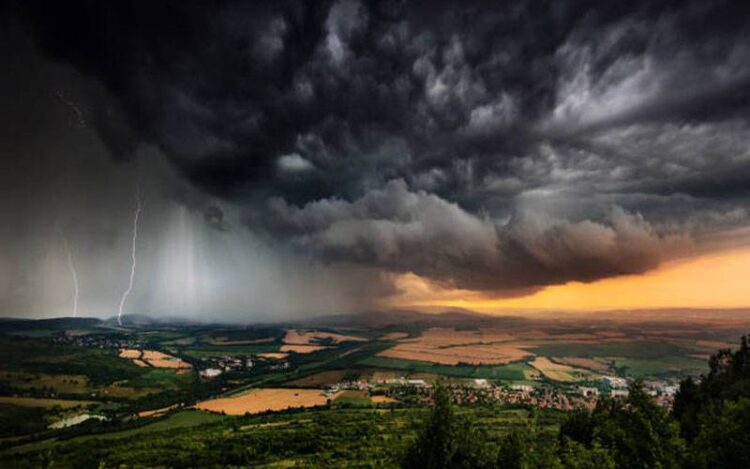Climate researchers have linked the growing number of cloudburst incidents in Pakistan to widespread deforestation, warning that human activity has made natural disasters far more destructive. Experts stress that this issue is not limited to Pakistan alone, as many countries around the world are also struggling with the consequences of climate change.
Dr. Shafqat Munir, a climate researcher, explained that a cloudburst occurs when extremely heavy rainfall strikes a single area in a very short period, unleashing torrents of water mixed with rocks, mud, and debris. He added that the steady rise in global temperatures is the clearest indicator of drastic changes in weather patterns. According to him, unchecked deforestation has weakened mountainsides, making it easier for rocks and boulders to rush down with floodwaters into populated areas.
Addressing possible solutions, climate expert Dr. Kashif Majeed Salik emphasized the need for people to learn to coexist with nature. He said houses should not be built along riverbeds, and efforts must be made to curb deforestation so that soil and rocks do not wash down with the rains.
Experts agree that halting indiscriminate tree cutting and preventing human settlements along water channels are vital steps to reducing the devastating impacts of cloudbursts. They also warned that human interference with the natural environment remains one of the biggest reasons behind worsening climate conditions.
In recent years, climate change in Pakistan has reached alarming levels, with more frequent cloudbursts unleashing destructive floods. The surging waters often carry massive rocks, leaving entire communities vulnerable. Heavy human and financial losses have already been recorded in Khyber Pakhtunkhwa and Gilgit-Baltistan.





















